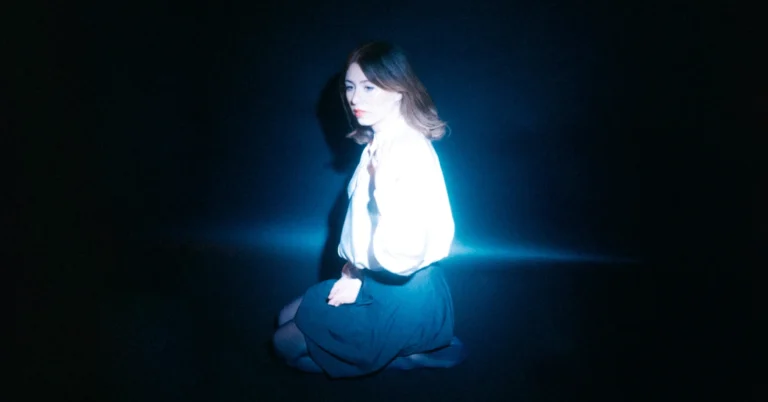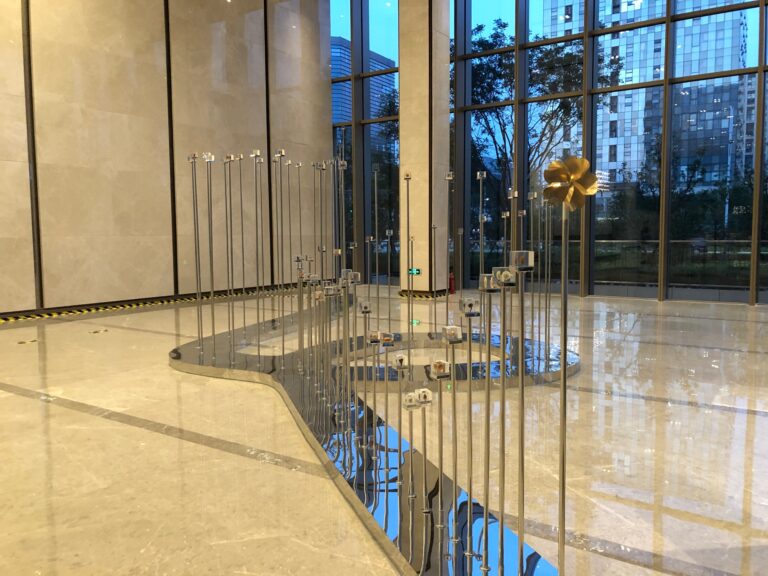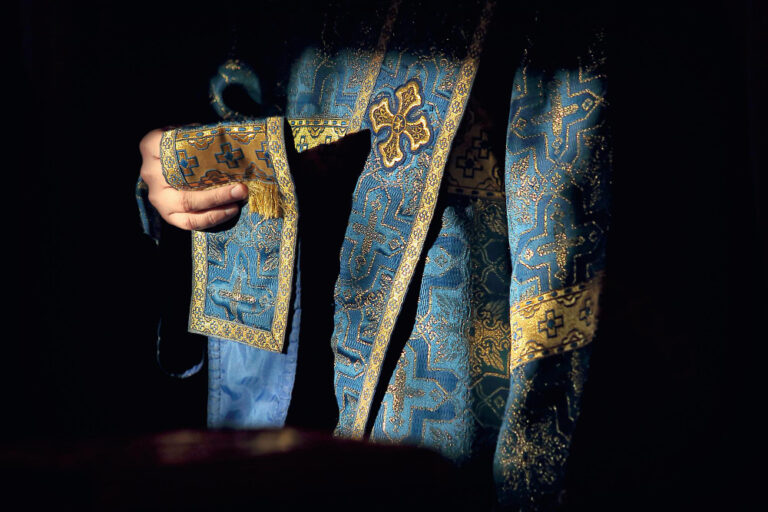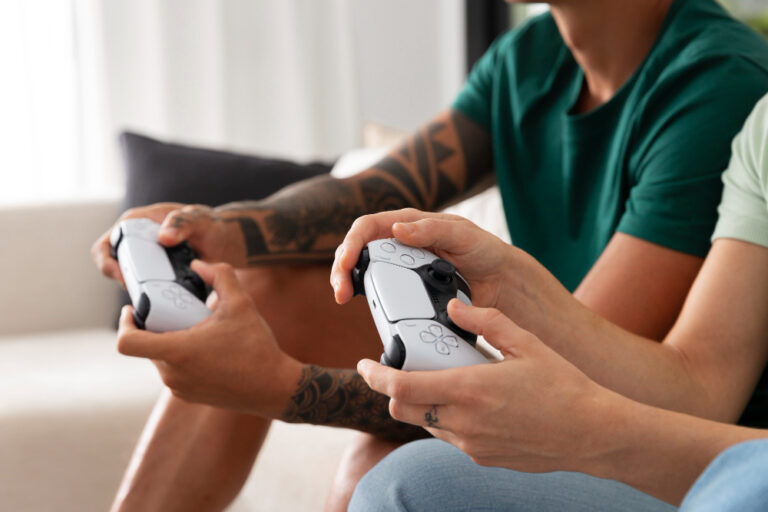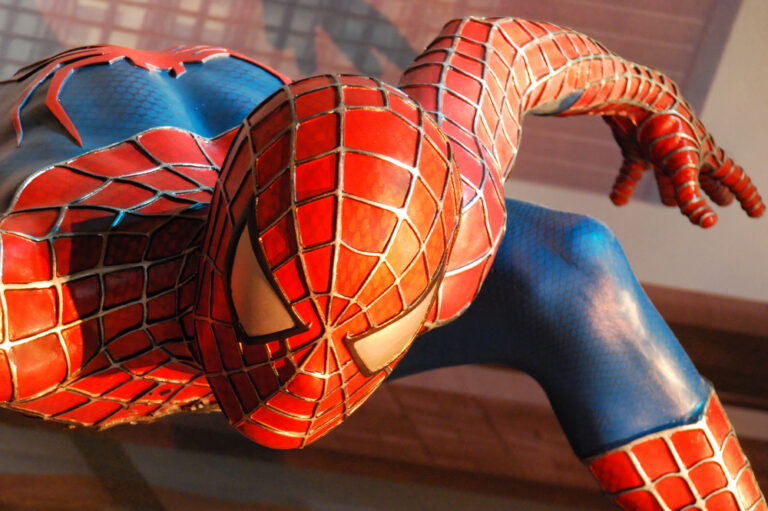Welcome to our updated tier list for Marvel Rivals in Season 2! With the recent changes and character adjustments, we’re here to break down the best heroes you can choose right now. Whether you’re a seasoned player or just getting started, this list will help you find the right characters to enhance your gameplay. Let’s jump into the rankings and see who stands out in this competitive season!
Key Takeaways
- Mister Fantastic, Hulk, and Rocket Raccoon are top picks in the S-Tier.
- Iron Man, Magik, and Storm shine in the A-Tier, offering solid options for players.
- B-Tier includes Captain America, Iron Fist, Black Panther, and Spider-Man, who are reliable but not top-tier.
- C-Tier and D-Tier characters may need a bit more work to be effective in competitive play.
- Always consider your playstyle when choosing characters from the Marvel Rivals tier list season 2.
Introduction to Marvel Rivals Season 2
Alright, let’s jump right into Marvel Rivals Season 2! It’s a fresh season, and things have definitely been shaken up. Patches, buffs, and nerfs have landed, and even team-ups have been tweaked. This means characters feel and play differently than before. So, if you’re looking to dominate the competition, you’ll need to stay updated on the best Marvel characters in season 2.
This guide will break down the Marvel Rivals season 2 tier list, highlighting the top contenders and helping you understand where your favorite heroes stand. We’ll be diving into the current meta, analyzing character strengths, and giving you the lowdown on who to pick to climb those ranks. Forget what you knew from Season 1; this is a whole new ball game!
Here’s what you can expect:
- An overview of the current meta.
- Detailed character rankings.
- Tips for choosing the right hero for your playstyle.
Whether you’re a seasoned veteran or just starting, this guide will give you the edge you need to master the Marvel Rivals character rankings and understand the top heroes in Marvel Rivals Season 2. Let’s get started!
Understanding the Tier List System
Okay, so you’re probably wondering how this whole tier list thing works, right? It’s pretty simple. We’ve broken down the Marvel Rivals roster into different tiers based on their overall performance and how well they fit into the current meta. Think of it like a report card, but for superheroes and villains.
The higher the tier, the stronger and more impactful the character is in the game. But don’t get discouraged if your favorite character isn’t at the top – skill, and team composition can make a huge difference!
Here’s a quick rundown of what each tier generally represents:
- S-Tier: These are the absolute powerhouses. They’re often the most picked and banned characters because they bring so much to the table. Expect to see these guys dominating matches.
- A-Tier: Super solid choices. They might not be quite as game-breaking as the S-Tier, but they’re still very effective and can shine in the right hands. A-Tier heroes are reliable and versatile.
- B-Tier: These characters are decent and can be viable, but they might have some clear weaknesses or require more specific team comps to really work. They’re good in certain situations, but not always the best pick.
- C-Tier and D-Tier: These are the characters that are either underperforming, niche or just need some love from the developers. Playing them can be a challenge, but hey, maybe you’ll discover a hidden strategy! You can always check out the Marvel Rivals ranking system to see how the characters are performing.
Remember, tier lists are subjective and can change as the meta evolves and patches roll out. So, take this as a guide, but don’t be afraid to experiment and find what works best for you!
S-Tier Characters
Alright, let’s get into the heavy hitters – the S-Tier characters in Marvel Rivals Season 2. These are the heroes that can really turn the tide of a match, and you’ll see them picked often. If you want to climb the ranks, mastering at least one of these is a solid plan. They’re not unbeatable, but they bring a lot to the table. Remember that even the best characters need a good team to shine, so communication and strategy are still key. Let’s break down why these characters are considered top-tier.
Mister Fantastic
Mister Fantastic is a tactical powerhouse. His ability to control the battlefield with his stretching abilities makes him incredibly versatile. He can disrupt enemy formations, protect allies, and secure objectives with ease. He’s not always the flashiest pick, but his utility is unmatched. He can be a bit tricky to master, but once you get the hang of his abilities, you’ll find him to be an invaluable asset to any team. He’s especially good at locking down areas and controlling chokepoints, making him a nightmare for the opposing team to deal with. He’s a great choice if you like to play a more strategic, supportive role while still being able to dish out some damage.
Rocket Raccoon
Don’t let his size fool you; Rocket Raccoon packs a serious punch. He’s a damage-dealing machine, capable of shredding enemies from a distance with his various gadgets and explosives. He requires a bit more finesse than Hulk, but his damage output is insane. He’s also surprisingly mobile, allowing him to reposition quickly and stay out of harm’s way. Here’s why he’s so good:
- High damage output
- Good mobility
- Versatile kit
Rocket is a great choice if you like to play a more ranged, damage-focused role. Just be aware that he can be a bit squishy, so you’ll need to be good at positioning and avoiding enemy fire.
Hulk
Hulk is, well, Hulk. He’s all about raw power and aggression. If you want to smash, Hulk is your guy. He excels at disrupting enemy lines and dealing massive damage in close quarters. He’s not the most subtle character, but sometimes, you just need to go in and break things. Hulk’s survivability is also pretty high, making him a tough target to take down. He’s a great pick if you like to be in the thick of the action, causing chaos and generally making life difficult for the enemy team. Just be mindful of his lack of range; you’ll need to get up close and personal to make him shine. Consider how the DPS Heroes rank against each other.
| Character |
Role |
Win Rate |
| Mister Fantastic |
Duelist |
55.42% |
| Rocket Raccoon |
Strategist |
55.32% |
| Hulk |
Vanguard |
54.14% |
A-Tier Characters
Alright, let’s talk about the A-Tier heroes in Marvel Rivals Season 2. These characters are super solid picks, and while they might not be quite as dominant as the S-Tier, they can definitely hold their own and seriously impact a match. They’re versatile, strong, and can often fill in gaps in your team composition really well. Think of them as your reliable go-to’s when your top choices are banned or already picked. You can also check out the Diamond+ list for more insights.
Storm
Storm is all about area control and dishing out consistent damage. Her abilities can disrupt enemy formations, zone them out of key areas, and provide some much-needed crowd control. She might not be the flashiest character, but her steady damage and utility make her a reliable choice in a variety of team compositions. She’s especially good at locking down objectives and punishing enemies who get too close.
Iron Man
Iron Man is still a powerhouse, offering great damage output and mobility. He can zip around the battlefield, harass enemies from a distance, and then swoop in for the kill. Mastering his energy management is key, but once you do, you’ll be melting faces left and right. He’s a great pick if you like a mix of ranged and close-quarters combat.
Magik
Magik brings some serious utility to the table with her teleportation abilities. She can quickly reposition herself and her team, set up flanks, and escape from tricky situations. Her damage isn’t the highest, but her ability to control the flow of battle makes her a valuable asset. Plus, who doesn’t love teleporting around and messing with the enemy team?
| Character |
Role |
Win Rate |
| Storm |
Duelist |
54.55% |
| Iron Man |
Duelist |
54.10% |
| Magik |
Duelist |
53.88% |
B-Tier Characters
Alright, let’s talk about the B-Tier heroes. These characters are solid picks, and with some practice, you can definitely make an impact. They might not be the flashiest or the most overpowered, but they’re reliable and can hold their own in a variety of situations. Team composition and your personal playstyle will determine how effective these heroes are for you.
Captain America
Cap is always a decent choice. He’s got a good mix of offense and defense, making him a versatile pick for any team. His shield throw can disrupt enemies, and his charge can get you out of sticky situations. He’s not going to carry the team, but he’s a solid, dependable hero.
Iron Fist
Iron Fist can pack a punch, but he requires a bit more finesse to play effectively. You’ll need to get up close and personal, which can be risky. If you can master his combos and timing, you can definitely surprise some opponents. He’s a good pick if you like a more aggressive, in-your-face playstyle.
Black Panther
Black Panther is all about mobility and agility. He can quickly dart in and out of combat, making him a difficult target to pin down. His ultimate can be a game-changer if used correctly, but he can be a bit squishy, so you’ll need to be careful about positioning. He’s a fun pick if you like a fast-paced, hit-and-run playstyle.
Spider-Man
Spidey is always a popular choice, and for good reason. His web-slinging abilities make him incredibly mobile, and his attacks can be surprisingly effective. He can be a bit tricky to master, but once you get the hang of his movement, you can swing around the battlefield and cause some chaos. He’s a great pick if you like a more acrobatic, unpredictable playstyle.
| Character |
Role |
Win Rate |
| Captain America |
Vanguard |
52.89% |
| Iron Fist |
Duelist |
52.78% |
| Black Panther |
Duelist |
52.26% |
| Spider-Man |
Duelist |
51.97% |
C-Tier and D-Tier Characters
Alright, let’s talk about the characters that might need a little extra love in Season 2. These heroes aren’t exactly dominating the leaderboards, but that doesn’t mean they’re completely useless. It just means you might have to work a bit harder to find success with them, or that they shine in very specific team compositions or situations. Don’t let this discourage you from playing who you enjoy!
Think of it this way: picking a C or D-Tier character is like choosing the scenic route. It might take longer to get where you’re going, but you might discover some cool stuff along the way. Plus, surprising your opponents with an unexpected pick can be a strategy in itself.
I don’t have specific characters to list in these tiers right now but keep an eye out as the meta develops. Things can change quickly with balance adjustments and new strategies. Who knows, maybe your favorite underdog will rise through the ranks!
Conclusion
Alright, we’ve run through the current Marvel Rivals Season 2 tier list. Hopefully, this breakdown gives you a better idea of which characters are shining right now and who might need a little more love from the devs. Remember, tier lists are always changing as the meta evolves and new strategies emerge.
Here are a few things to keep in mind as you continue playing:
- Don’t let a tier list dictate who you play. The most important thing is to have fun and find characters that fit your playstyle.
- Experiment with different team compositions. You might be surprised at how well some lower-tiered characters can perform with the right support.
- Keep an eye on patch notes and community discussions. The game is constantly being updated, and what’s true today might not be true tomorrow.
Ultimately, the best character is the one you enjoy playing the most and can be effective with. Good luck out there, and have fun climbing the ranks!
Conclusion
Our take on the best characters in Marvel Rivals for Season 2. It’s clear that the game is always changing, and what works now might not be the same down the road. Whether you’re a seasoned player or just starting out, remember to pick heroes that fit your style and have fun with it. Keep an eye on future updates, as they might shake things up again.
